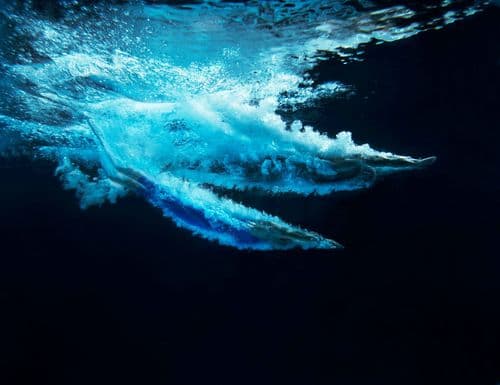1. Doloop: creating a packaging loop in Europe
Doloop is the first Lithuanian company to set and have an approved near-term Science Based Targets initiative (SBTi) target. For the past eight years, the company has been using only renewable energy in its operations.
PET precision: customization at its finest
Founded in 1994, Doloop is headed by a young circular economy enthusiast Dovydas Stulpinas. The company serves all of Europe as its main market. With its production facility strategically located in North Lithuania, its products can easily be supplied to customers in Western, Central, and Eastern Europe as well as Scandinavia.
Doloop helps customers design PET preforms and bottles according to their specifications. They also manufacture PET rigid film based on customer requirements or special demands. The film is typically made of virgin or 100% recycled material. Doloop’s bottles have a wide range of applications, such as juice, carbonated and non-carbonated soft drinks, and alcohol.
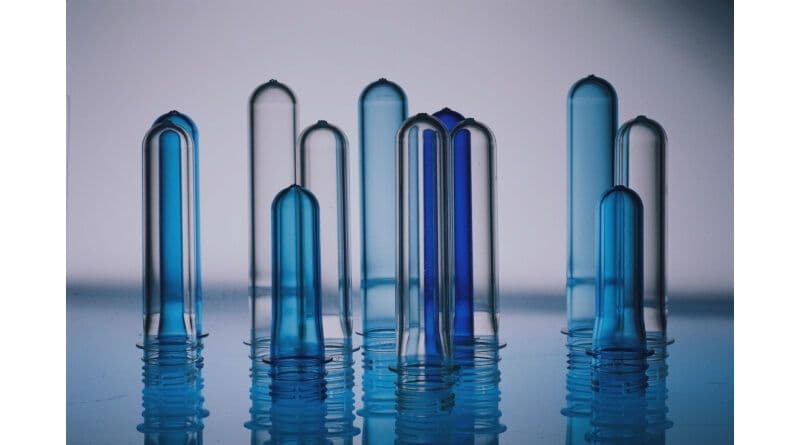
2. Forestwise: forest saved, value created
Forestwise was founded in 2018 by Theo Smits and Dirk-Jan Oudshoorn. With products available in the Netherlands and Indonesia, the company serves the Asian and European markets and beyond. The company develops products made from rainforest ingredients that are sustainably harvested and help regenerate the rainforest in Borneo. The company’s activities have helped conserve wildlife, safeguard fresh water supplies, and prevent floods and droughts. Through its value-creation process, Forestwise has increased the average annual income of more than 1,000 raw material collectors.
Forestwise co-opts locals in their supply chain, helping bridge the gap between environmental conservation and community development. By actively involving and empowering local communities in sustainable practices, Forestwise fosters a harmonious relationship where rainforest preservation aligns with the well-being of those who depend on it.
Forestwise's products are made from rainforest ingredients that are sustainably sourced, meaning they are not contributing to deforestation or the destruction of rainforest ecosystems.
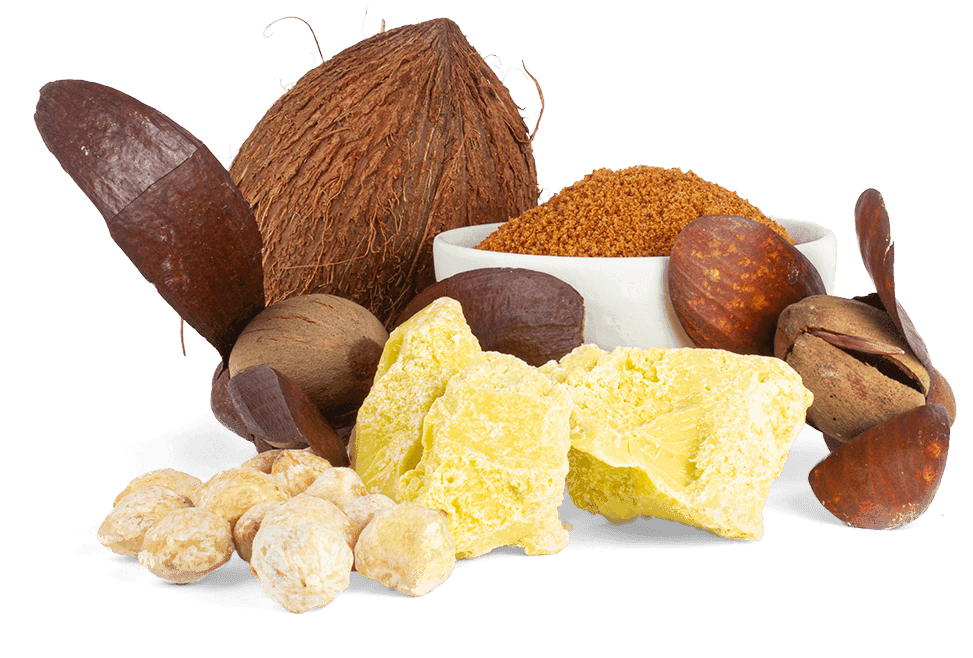
3. Zero Circle: making seaweed the catalyst of carbon neutrality
Through bio-alternatives, Zero Circle targets waste reduction and sustainable packaging while also contributing to climate change mitigation efforts. The ultimate vision is to create a zero-waste lifestyle, enabling organizations to adopt environmentally responsible packaging solutions that leave nothing behind and contribute to a more regenerative future.
Zero Circle helps brands achieve carbon neutrality by tapping into the regenerative properties of seaweed. The cultivation of seaweed, the key ingredient in Zero Circle’s materials, requires neither fossil fuel nor land-based feedstock. Instead, it cleans up the ocean as it grows.
From the ocean to Earth without a trace
Former Google employee Neha Jain’s desire for a low-carbon footprint lifestyle led to the creation of Zero Circle in 2020. Primarily serving the Indian market, Zero Circle's packaging sets itself apart from similar sustainable solutions by utilizing seaweed as the primary building block. Seaweed is abundantly available in the ocean and is rapidly renewable.
Zero Circle’s packaging solution is heat-sealable, food-safe, 100% home-compostable, and supports UV printing. The packaging can degrade in seawater. It also doesn't emit methane when it degrades, making it a much more environmentally friendly option compared to traditional materials.
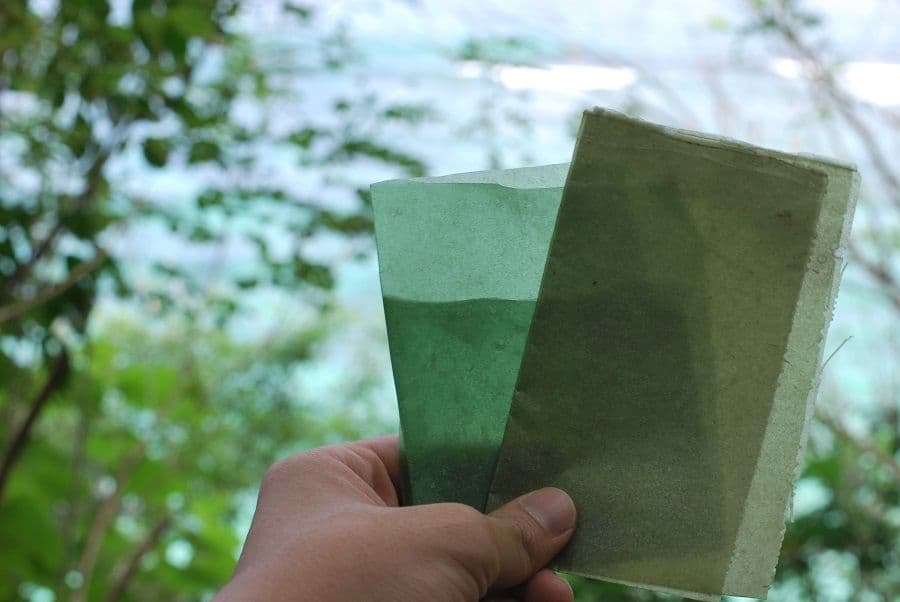
4. NOOSA Fiber: an endless upcycling loop
Established in 2019 and headquartered in Brussels, Belgium, NOOSA is a brand with a vision to bring the textile industry to circularity by offering 100% recyclable textile fiber to help global markets minimize their impact. Luna Aslan currently serves as the company’s CEO.
NOOSA is committed to creating an endless upcycling loop with a focus on reducing the environmental impact of fiber. NOOSA fiber shows a 30% reduction in CO2 emission and a 50% reduction in water use compared to conventional cotton.
NOOSA continues to work on getting the right certification at each step of the value chain, from the corn to the recycling, to continuously lower its environmental impact and prevent the use of harmful chemicals.
Sustainable from source to end
NOOSA’s fiber is made from non-GMO corn. Then, the NOOCYCLE technology makes the fiber 100% recyclable. With NOOCYCLE, discarded textiles are transformed back into 100% virgin fiber, completing the circularity loop.
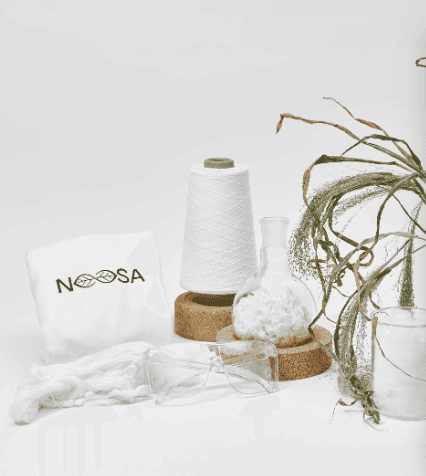
5. Releaf: Paper made from fallen leaves
Releaf is a company birthed by the curiosity of Valentyn Frechka, then a 16-year-old student, who decided to study alternative sources of cellulose and thereby reduce deforestation. Valentyn now serves as the company’s CTO, with Alexander Sobolenko serving as CEO and CBDO.
Headquartered in France, Releaf Paper started production during the COVID-19 pandemic and hopes to bring sustainable paper packaging to all of Europe. Releaf paper saves trees by using fallen leaves as an alternative to the wood pulp in producing paper. For every ton of paper Releaf makes from leaves, 17 trees are saved. Releaf’s manufacturing process emits 78% less CO2 and uses less water than traditional paper manufacturing.
Turning biowaste into beautiful paper
Releaf’s unique approach to paper production involves the extraction of cellulose from fallen leaves. This is an innovative approach that gives new use to these leaves. The paper produced can be used for a wide range of applications, including food packaging, shopping bags, egg trays, and corrugated boxes. Unlike plain paper, Releaf’s paper products are free of chlorine and sulfur compounds.
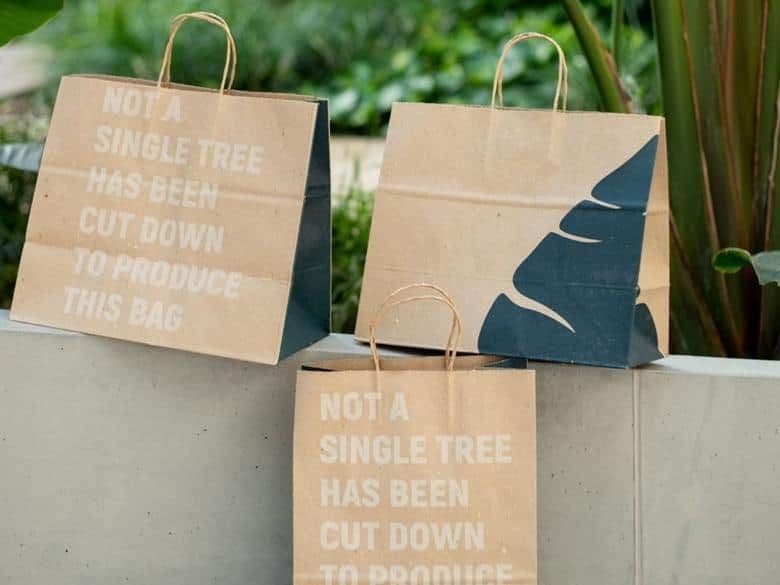
6. Papkot: phasing out plastic with silicon
Papkot creates a coating made from cellulose and silicon. By combining silicon, the most abundant material in the world, and cellulose, the most abundant biopolymer, the coating to phase out the use of plastic can be made. This approach means the product, when widely adopted, will make the use of plastic packaging unattractive. The company is committed to SDG 12, which aims to safeguard the planet through responsible production and consumption.
Making plastic without really making plastic
Manuel Milliery founded Papkot in 2020 and serves as the CEO. The company was created with the aim of making single-use plastic packaging obsolete in the future. Papkot works directly with paper and packaging manufacturers.
Papkot’s coating gives the paper the properties of plastic without the negative environmental impact of plastic. The coatings are certified safe to come into contact with food, and Papkot-coated paper typically decomposes fully in about the same amount of time as uncoated paper.
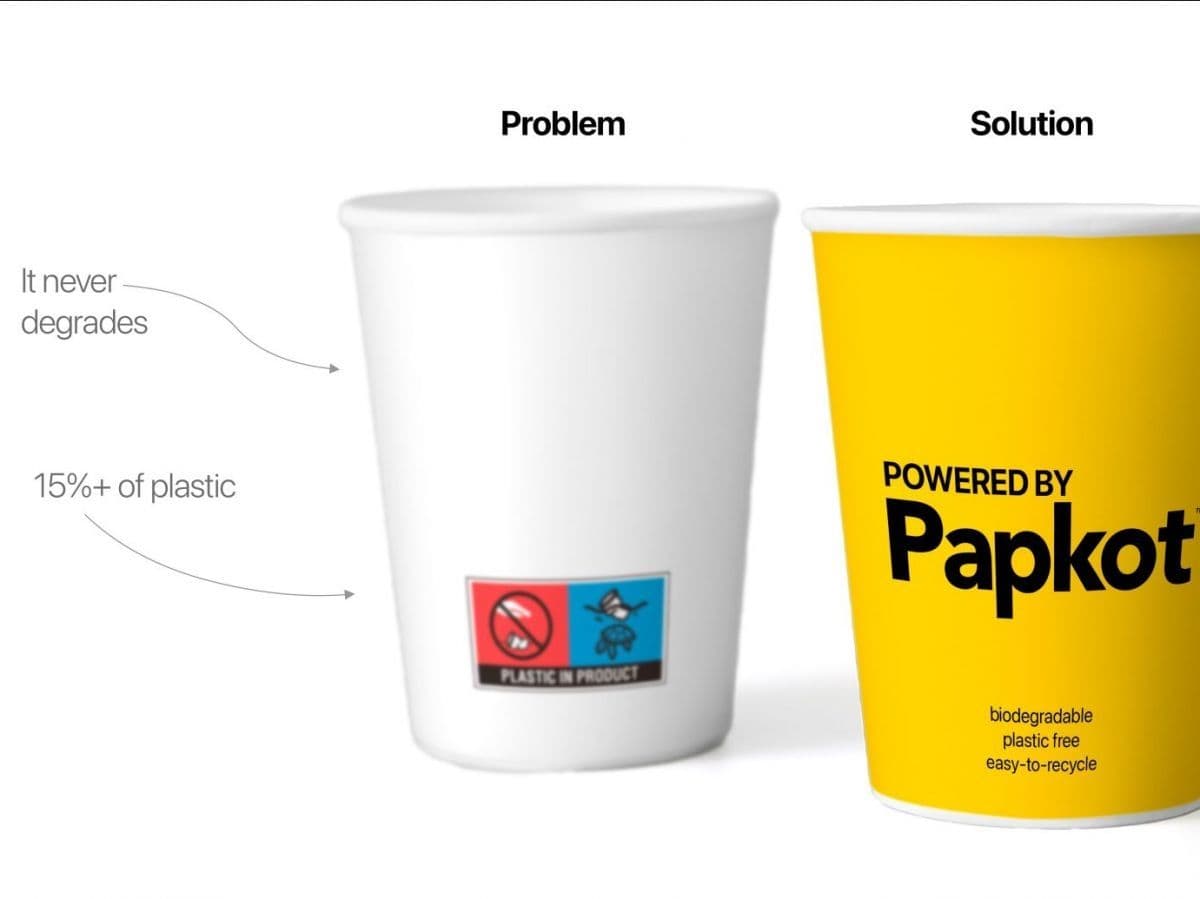
7. Loom: Clothes made to last
Loom is a French clothing company with a twist. Rather than churning out clothes endlessly, the company aims to make long-lasting clothes that reduce the need to constantly make new ones, thereby making the textile industry less polluting. In line with this commitment, the brand has been using only organic cotton since 2019.
Founded in 2016 by Julia Faure and Guillaume Declair, Loom is a business focused on the ethical side of fashion rather than its profits. The brand aims to change the laws and stop fast fashion. Loom continuously takes feedback from consumers to create better clothing items that undergo rigorous quality assessments.
In the end, the company believes that the longer you have a piece of clothing, the more it becomes a part of your story, contributing to a sustainable and mindful fashion culture that values longevity, ethical practices, and a positive impact on the environment.

Less is more
Loom is committed to a high level of excellence across all its operations. From raw material sourcing to production and down to logistics, the brand maintains stringent standards and ethical practices at every step. They prioritize sustainability and environmental responsibility, ensuring that the materials used are eco-friendly and responsibly sourced.
Loom's dedication to quality is evident in its rigorous production processes. Additionally, their logistics and supply chain practices are carefully optimized to minimize their environmental impact and support their commitment to a greener future.






